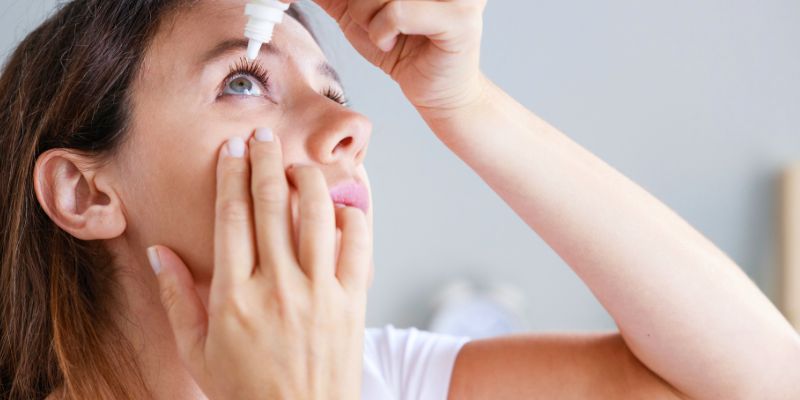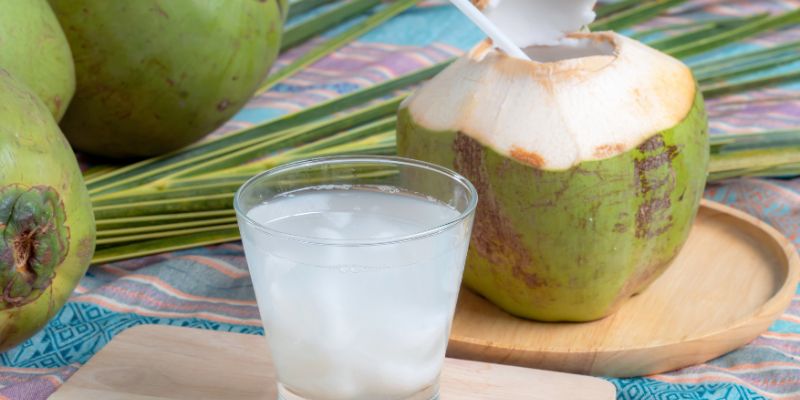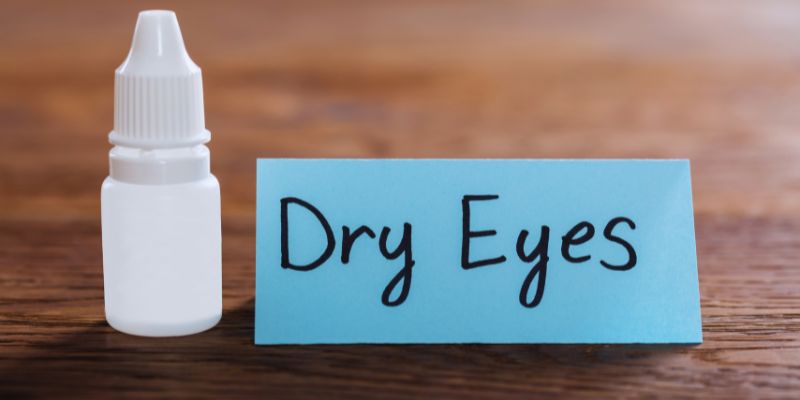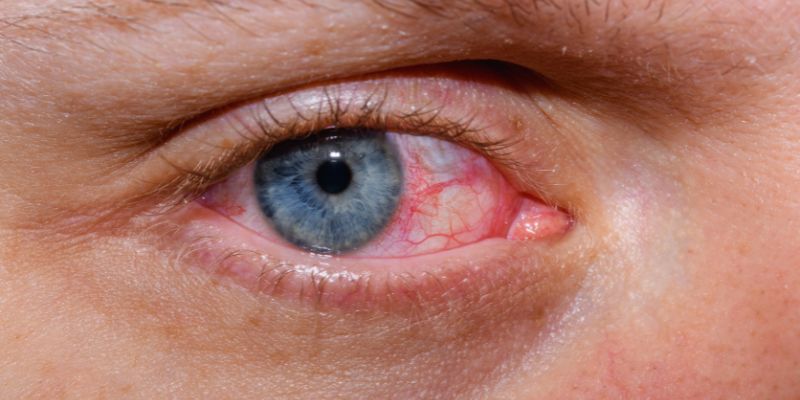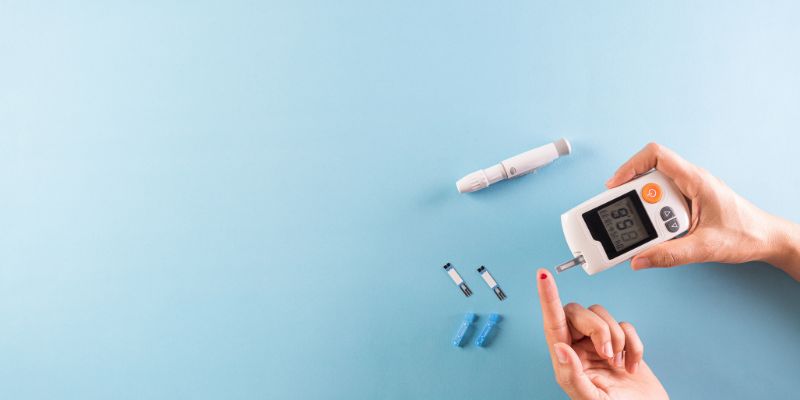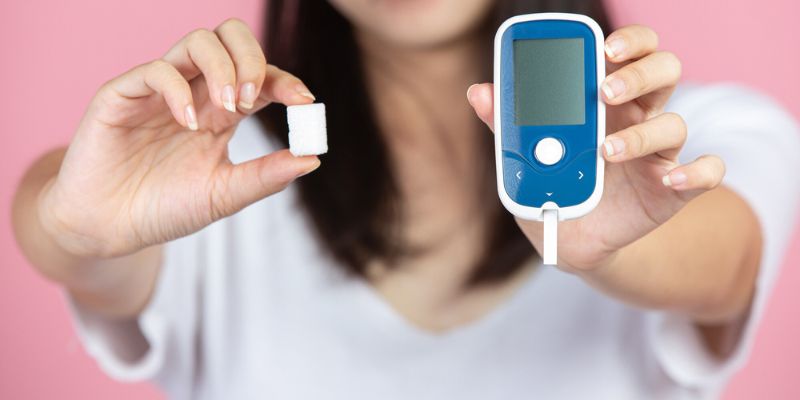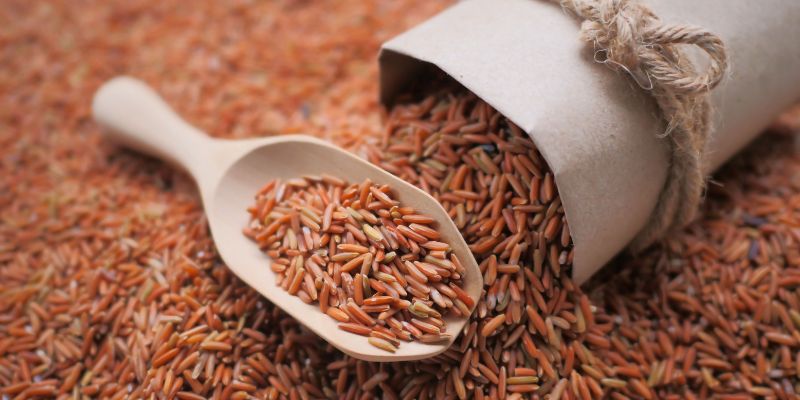How to Treat Skeeter Syndrome Naturally and Effectively: A Parent’s Guide
Skeeter syndrome causes redness, swelling, itching, and sometimes fever; an allergic reaction to mosquito bites does the same. A strong immunological response to mosquito saliva causes significant pain and irritation in some children. Since this reaction is more extreme than a regular mosquito bite, parents may find it frightening. Fortunately, home remedies reduce suffering, such as using a cold compress, which reduces swelling; aloe vera eases irritation.
Antihistamines are also quite helpful in reducing itching and irritation. Reducing exposure mostly depends on preventing mosquito bites; natural repellent, protective clothing, and mosquito-proofing housing will help. Parents who know Skeeter syndrome's symptoms, causes, and treatments will be better able to control it. This guidance outlines when to consult a doctor and how to stop more bites, ensuring children remain safe.
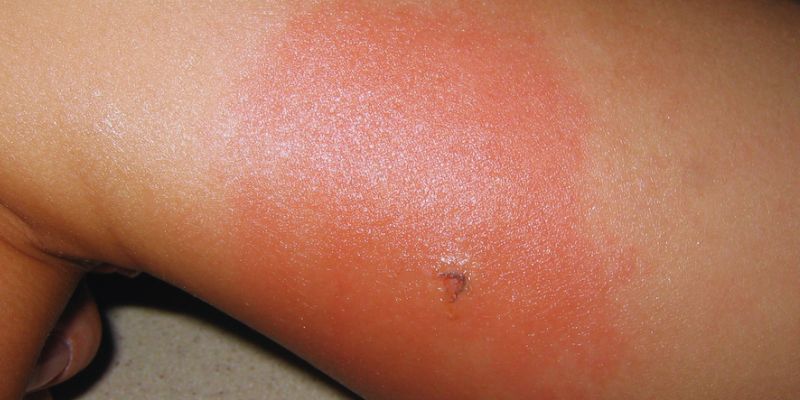
What Is Skeeter Syndrome: An Understanding
A severe allergic response to mosquito saliva and Skeeter syndrome causes big, swelling welts rather than modest redness and itching. Certain kids might also get blisters, a temperature, or trouble breathing. This reaction results from the immune system mistaking mosquito saliva as toxic and releasing histamines that cause inflammation and edema. Symptoms could show up hours apart and last many days. Skeeter syndrome is more likely to strike young children and those with allergies or weaker immune systems.
Youngsters are more likely to develop this disorder if they have a history of severe allergic reactions to insect stings. Managing symptoms requires cold compresses, antihistamines, and aloe vera-based soothing creams. Preventing mosquito bites is vital; one can help by wearing protective clothes, using insecticides, and mosquito-proofing the house. Medical intervention is required in extreme cases, particularly if breathing problems or extensive swelling develop. Good management depends on an awareness of symptoms, causes, and therapies.
Natural Remedies for Skeeter Syndrome
Natural therapies can aid with irritation, edema reduction, and accelerated mosquito bite healing.
- Cold Compresses: A cold compress numbs the afflicted area and helps lower swelling and ease itching. Wrap ice cubes in a fresh towel or use a cold pack. Hold it on the bite for 10 minutes, then repeat as necessary. Steer clear of direct ice touch to avoid irritation of the skin. This approach reduces the body's immunological reaction, preventing too great edema. The best comfort comes immediately from using a cold compress following a bite.
- Aloe Vera: Aloe vera is a wonderful cure for mosquito bites. It contains anti-inflammatory and cooling effects. Apply fresh aloe vera gel or store-bought pure gel straight on the bite; let it naturally dry. For optimum effects, reapply two to three times daily. Perfect for people prone to allergic responses, aloe vera calms the skin, lowers swelling, and fights infections.
- Oatmeal Paste: Oatmeal's anti-inflammatory and anti-itch properties help ease redness and irritation. To make a thick paste, toss equal parts oats and water. Apply it to the afflicted area, let it sit for fifteen minutes, and then rinse with cool water. A lukewarm oatmeal bath, including ground oats, helps if several bites appear.
- Coconut Oil: Oil lessens redness, calms skin, and helps ward against infections. Twice a day, thinly cover the afflicted region with virgin coconut oil. It produces a protective barrier and moisturizes the skin, lessening the need to scratch. An excellent cure for Skeeter syndrome, coconut oil stops scarring and inflammation.
- Honey: Honey's anti-inflammatory and antibacterial qualities help expedite healing, alleviate discomfort, and lower swelling. Before rinsing, dab a tiny piece of raw honey straight on the bite for twenty minutes. Honey's natural antioxidants heal skin and lower inflammation. Combining it with turmeric improves its effects. Reapply depending on relief needs.
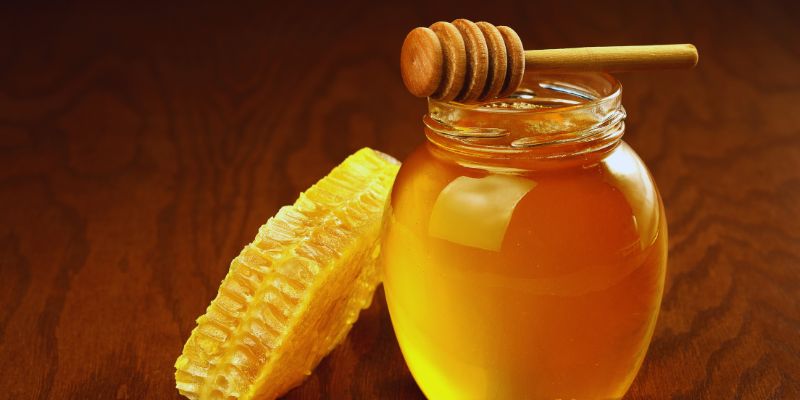
Preventing Mosquito Bites
Avoiding allergic reactions and lowering the infection risk depends on preventing mosquito bites.
- Use Natural Mosquito Repellents: Lemon eucalyptus and tea tree oils are natural repellants. Mix a few drops with coconut oil to ward off mosquitoes and dab them onto your skin.
- Dress Your Child in Protective Clothing: Long sleeves, jeans, and socks help ward off bites. Light-colored clothes are best since dark colors draw more insects. Correct dressings help to lower mosquito bite risk.
- Install Mosquito Nets and Screens: To keep mosquitoes out, one uses window screens and sleeping nets. These protective barriers are quite helpful in sleeping quarters. Ensure windows and doors feature screens to help keep mosquitoes out of the house.
- Remove Standing Water: Mosquitoes mate in whatever water: empty birdbaths, flower pots, and any water-collecting container to help minimize their population. Frequent water source check and cleaning helps to reduce mosquito breeding.
- Keep Indoor Air Moving: Mosquitoes hate strong air movement. Using fans to keep them away from your child's room is a good idea. Standing or ceiling fans produce airflow that helps mosquitoes find settling more difficult.
When to See a Doctor?
Skeeter syndrome occasionally calls for medical treatment. A doctor's visit is required if a kid suffers extreme swelling outside of the bite, trouble breathing, wheezing, high fever, chills, or blistering. Sometimes, bites infect, resulting in redness, discomfort, and pus production. A doctor may prescribe antihistamines to lower itching and swelling, steroid creams to lower inflammation, or epinephrine injections for life-threatening reactions. Professional care is vital if symptoms get worse, even with home treatment.
Maintaining the cleaned-up damaged region and avoiding scratching will help stop infections. The easiest approach to prevent strong reactions is to stop mosquito bites. The risk can be greatly lowered by dressing youngsters in protective gear, applying insect repellent, and maintaining mosquito-free living quarters. Parents should stay alert to their child's symptoms should necessary medical assistance be sought. Knowing when to get treated guarantees better control and helps to avoid Skeeter syndrome problems.
Conclusion:
Though natural therapies help with symptoms, skeeter syndrome can be uncomfortable. Aloe vera, honey, coconut oil, and cold compresses help lower swelling and itching. Avoiding mosquito bites using protective gear, organic repellent, and mosquito nets is essential. Additionally, lowering mosquito exposure keeps indoor air flowing and eliminates water. See a doctor if symptoms worsen, including fever, extreme swelling, or trouble breathing. Parents can shield their children by quickly managing bites and avoiding mosquito exposure. Following these easy guidelines guarantees youngsters prone to Skeeter syndrome more comfort and protection.

